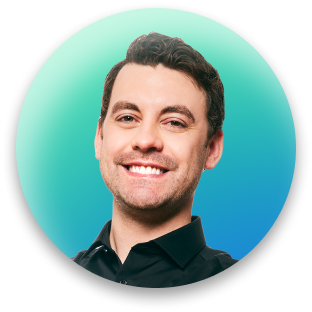- Legends
- Posts
- Research Brief: The 10,000-hour Myth
Research Brief: The 10,000-hour Myth

In his book Outliers, Malcolm Gladwell famously said that, “ten thousand hours is the magic number of greatness.” But research into the idea that it takes 10,000 hours of deliberate practice to become an expert has shown that the relationship between practice and expertise isn’t as strong as we might think. Although deliberate practice is positively correlated with expertise, it only explains 20-25% of differences in skill level among musicians, athletes, or even chess players. Deliberate practice explains even fewer differences when we look at performance in contexts such as education (4%) or the workplace (<1%).

Where does 10,000 hours even come from? In 1993, Anders Ericsson and his colleagues found that, on average, the best violinists practiced 10,000 hours by age 20 (good violinists, for comparison, practiced 7,800 hours). As you might guess, an average isn’t very helpful for understanding individuals. For example, one study found that the hours of practice people put into becoming a master-level chess player ranged from 728 to 16,120 – as in, it took 22x more practice for one person to reach master than another.
Since most of us don’t plan on becoming concert violinists or chess grandmasters, we’ll have to face the fact that:
there’s no magic number of hours that it takes to become an expert.
And although practice is associated with performance, other factors like age, natural ability, context, and even memory have been hypothesized to contribute too. So even though we can’t know for sure how many hours it takes to master a new skill, I can promise you that there are bound to be a few speed bumps along the way, and It turns out that it matters how we react to those failures.

The same researchers who gave us ‘growth mindset’ studied the ways that parents react to failure and how it impacts the learning mindsets of their children. Parents who believe that failure enhances learning and growth have children who believe they can change their intelligence (a growth mindset), whereas parents who believe that failure is debilitating and inhibits learning and productivity have children who do not (a fixed mindset).
We’ll dive into more growth mindset research in the future, but what’s interesting is that it actually doesn’t matter whether a parent has a growth mindset for their kid to have one. What matters is how a parent reacts to failure. So, as your kids try out new things, be mindful that it will take different amounts of practice for different kids to master new skills, and that there’s probably more affecting their performance than just how much work they’re putting in. But more importantly, help them to see challenges as opportunities for growth.
Framing failure as a learning experience that we all go through will give them courage to set loftier goals, help them to be more resilient in the face of adversity, and will have a bigger impact on their future performance than another hour of practice anyway.

Reply